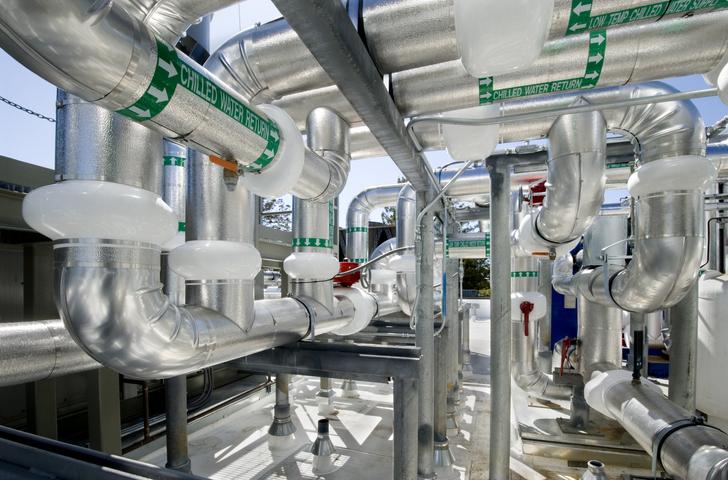
If you’re in the construction or industrial fields, you may have heard the term “mechanical insulation” thrown around. Mechanical insulation is an essential component of any building or facility, as it helps to regulate temperature and prevent energy loss. But what is mechanical insulation, and why is it important? In this blog post, we will delve into the world of mechanical insulation, exploring what a mechanical insulator is, its importance, different types, and common applications of mechanical insulation.
The Basics of Mechanical Insulation
Mechanical insulation, often referred to simply as “insulation,” is a protective layer or covering applied to mechanical systems, equipment, and piping to reduce heat transfer, control temperature, and prevent moisture infiltration. This process involves the use of various insulating materials that are designed to create a barrier between the interior and exterior of mechanical systems, thereby improving energy efficiency, safety, and overall system performance.
What is a Mechanical Insulation?
A mechanical insulator is a specialized component designed to isolate and dampen vibrations, shock, and noise produced by machinery and mechanical processes. These insulators are typically made from materials like rubber, neoprene, or elastomers that possess excellent elasticity and resilience. Mechanical insulators are important for the following:
- Energy Efficiency: One of the primary purposes of mechanical insulation is to conserve energy. By reducing heat transfer, insulation helps maintain desired temperatures within mechanical systems, reducing the need for excessive heating or cooling. This, in turn, lowers energy consumption and operating costs.
- Environmental Impact: Lower energy consumption leads to a reduced carbon footprint. Mechanical insulation contributes to sustainability efforts by helping industries and buildings reduce greenhouse gas emissions and their environmental impact.
- Personnel Safety: Insulation serves as a protective barrier, preventing contact with hot or cold surfaces. This is crucial in industrial settings where personnel are at risk of burns or other injuries from exposed piping and equipment.
- Equipment Longevity: Insulation helps extend the lifespan of mechanical equipment and piping by reducing thermal stress and corrosion. This can result in significant cost savings over time by reducing the need for frequent repairs or replacements.
Types of Mechanical Insulation
- Fiberglass Insulation: This is one of the most common types of insulation used in mechanical applications. It consists of fine glass fibers and is known for its excellent thermal resistance and fire resistance properties.
- Mineral Wool Insulation: Mineral wool insulation is made from molten rock or slag and is valued for its fire resistance and high-temperature insulation capabilities. It is often used in industrial settings.
- Foam Insulation: Foam insulation materials, such as polyurethane and polystyrene, provide excellent thermal insulation and are often used in HVAC systems and building applications.
- Reflective Insulation: This type of insulation includes materials like foil-faced insulation, which reflects heat rather than absorbing it. Reflective insulation is commonly used in attics and roofs.
Applications of Mechanical Insulation
- HVAC Systems: Mechanical insulation is widely used in heating, ventilation, and air conditioning (HVAC) systems to maintain temperature control and reduce energy consumption.
- Piping and Ductwork: Insulating pipes and ducts are essential to prevent heat loss or gain, reduce condensation, and protect against freezing.
- Industrial Processes: Many industrial processes involve high-temperature equipment, making insulation vital for safety, efficiency, and compliance with regulations.
- Commercial Buildings: Insulation is a key component in commercial buildings for thermal comfort, energy efficiency, and noise reduction.
Mechanical insulation may not be the most visible aspect of mechanical systems, but its impact on energy efficiency, safety, and equipment longevity is undeniable. Understanding the importance of insulation, the various types available, and where to apply it is essential for maintaining efficient and sustainable mechanical systems. By prioritizing mechanical insulation, you can reap the benefits of reduced energy consumption, lower operating costs, and a safer working environment. At WestCal Insulation, we understand the critical role that insulation plays in enhancing energy efficiency, ensuring safety, and prolonging the life of your mechanical systems. Our dedication to quality and customer satisfaction sets us apart, making us the top choice for all your insulation needs. Contact us today!

